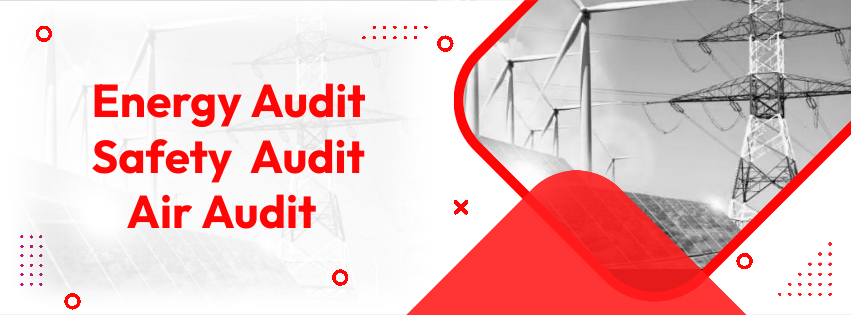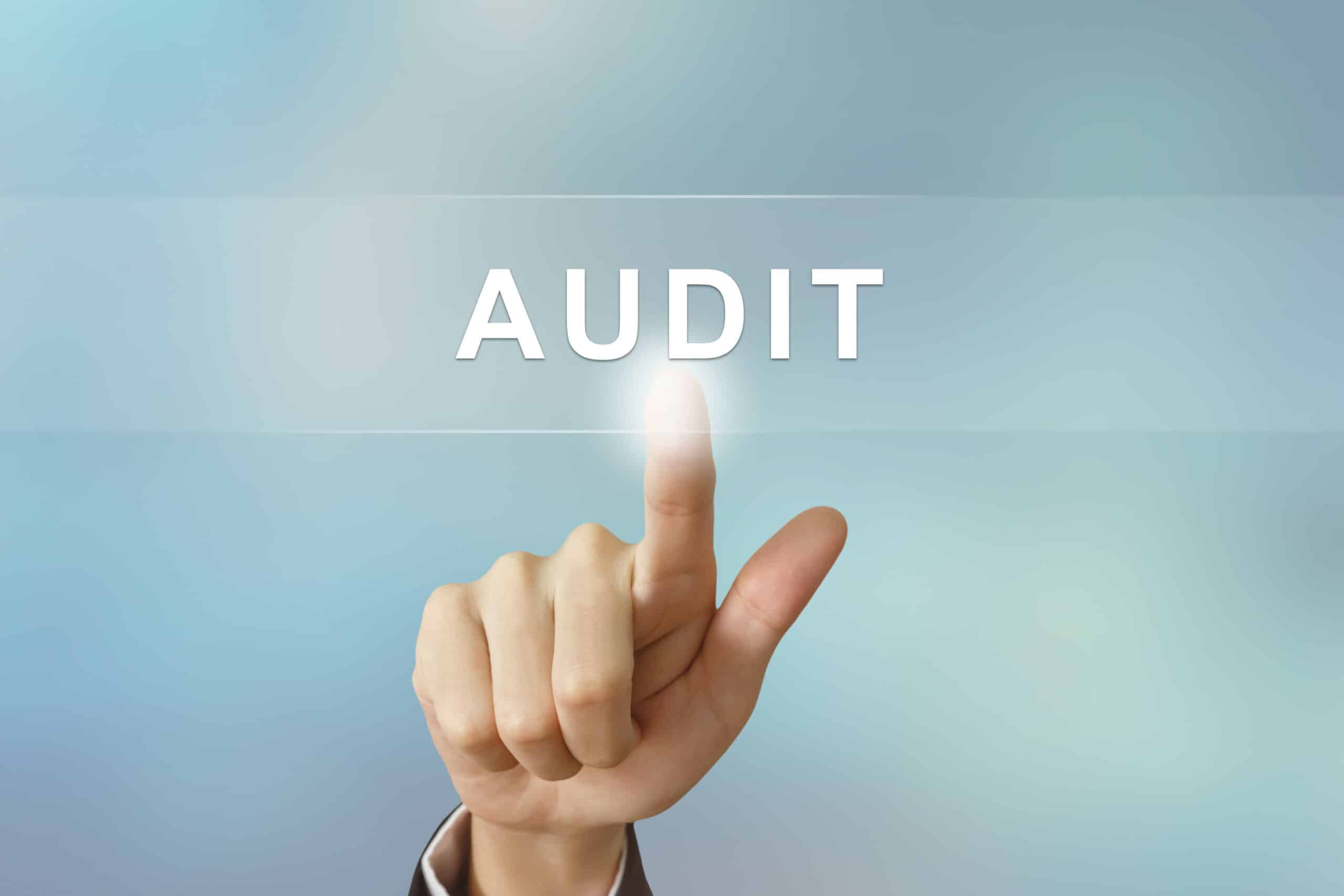
Energy Audit
Energy auditing aims to balance total energy inputs with total energy use, identify all energy streams in the system, and quantify energy usage based on its discrete function. Energy auditing aids in energy cost optimization, pollution control, and safety elements, as well as suggesting solutions to improve the system’s operating and maintenance practices.
It is useful in dealing with the problem of fluctuating energy costs, reliability of energy supply, a decision on optimal energy mix, and a decision on employing enhanced energy conservation equipment, instruments, and technology.
Safety Audit
A safety audit is a planned method for gathering information on a company’s efficiency, effectiveness, and dependability. This type of inspection is more comprehensive than technical or spot-check inspections since it includes a review of the organization’s safety documents to evaluate how the company can enhance its entire health and safety management system.
Air Audit
Air audits are an efficient approach to determining your present energy consumption and your compressed air requirements.
In addition to auditing your compressed air system, you should incorporate frequent checks for air leaks in your maintenance routines.
A basic leak detection assessment can immediately uncover any issues, and any corrective action you take can have an immediate, positive effect with short payback periods.
Energy-Audit
Safety-Audit
Air-Audit


